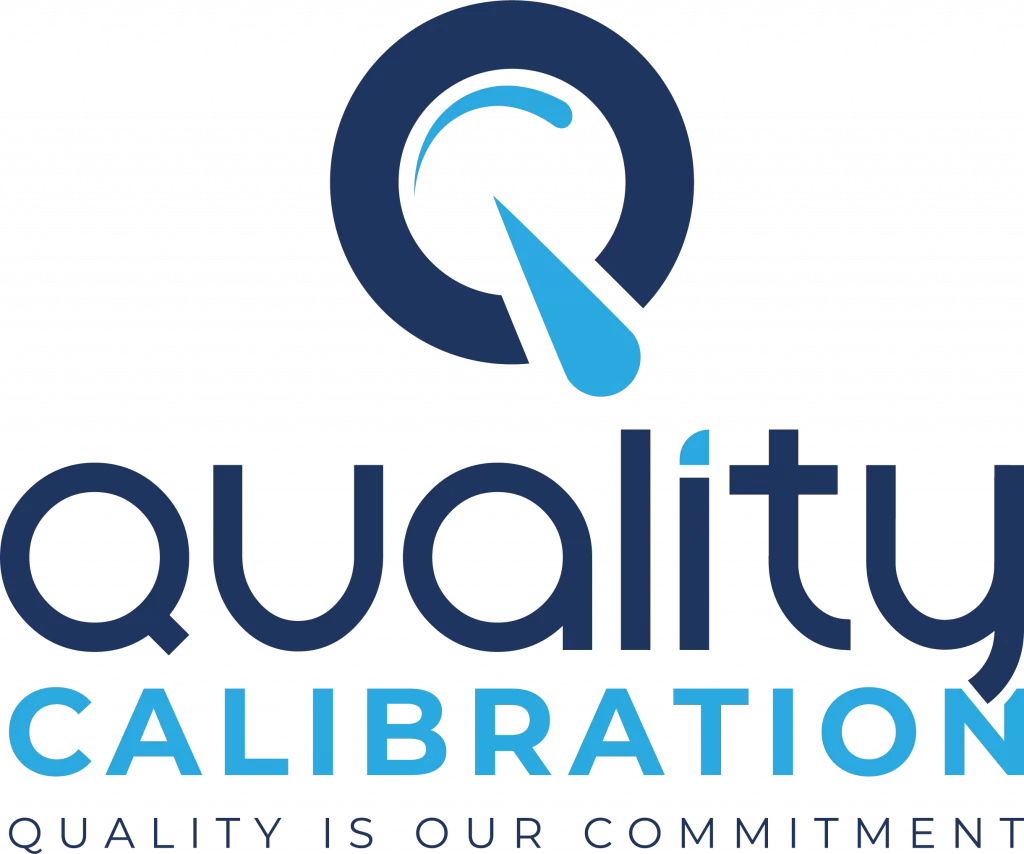Definition of Calibration: Calibration is the process of comparing the accuracy of a measuring instrument or equipment against a known standard to ensure its reliability and accuracy.
Understanding the Importance of Calibration: Accurate measurements are crucial in various industries to ensure product quality, safety, and compliance with regulations. Calibration plays a vital role in maintaining measurement accuracy.
Introduction to Calibration Certificates: A calibration certificate is an official document provided by accredited calibration laboratories, detailing the results of the calibration process and the instrument’s accuracy.
Purpose of Calibration Certificates: The main purpose of a calibration certificate is to prove that an instrument has been calibrated and complies with specified standards. They instill confidence in the accuracy of measurements and are often required in regulated industries.
The Calibration Process and Accredited Laboratories
Overview of the Calibration Process: Calibration involves comparing the measuring instrument’s output with a known reference standard and adjusting it if necessary to ensure accurate readings.
Role of Accredited Calibration Laboratories: Accredited laboratories follow strict procedures and quality standards to conduct calibrations. They have demonstrated competence and meet specific requirements set by accreditation bodies.
Accreditation and Its Significance in Calibration: Accreditation ensures that calibration laboratories adhere to recognized standards and practices. It provides assurance of the laboratory’s technical competence and impartiality.
Learn more about Calibration Certificate.
Ensuring Accuracy: Calibration Standards and Reference Standards
Calibration Standards and Their Role: Calibration standards are highly accurate measurement tools used as references for calibrating other instruments. They establish a traceable chain of comparisons.
National and International Standards: Calibration standards can be set at national or international levels to maintain uniformity and comparability of measurements worldwide.
The Importance of Reference Standards: Reference standards play a critical role in providing a reliable reference point for calibrations. They help ensure the accuracy and traceability of calibration results.
Metrological Traceability and Measurement Uncertainty
Metrological Traceability Explained: Metrological traceability ensures that calibration results are linked to recognized and internationally accepted standards, ensuring accuracy and comparability.
Understanding Measurement Uncertainty: Measurement uncertainty quantifies the level of doubt in a calibration result. It accounts for errors and variations that may affect the accuracy of the measurement.
Its Influence on Calibration Certificates: Calibration certificates include a measurement uncertainty statement to provide information on the range within which the true value lies, increasing the confidence in the measurement.
Components of a Calibration Certificate
Essential Information Included in a Calibration Certificate: Calibration certificates typically contain details such as the instrument’s identification, calibration results, calibration standards used, and other relevant information.
Interpreting Calibration Results: The calibration results section presents the readings obtained during the calibration process and their deviation from the reference standard.
Measurement Uncertainty Statement in the Certificate: Calibration certificates include the measurement uncertainty value, providing users with information about the confidence level of the measurement.
Accredited Calibration Certificate vs. Non-Accredited Calibration Certificate
Differences between Accredited and Non-Accredited Certificates: An accredited calibration certificate is issued by a recognized laboratory following strict standards, while a non-accredited certificate may lack the same level of reliability and traceability.
Advantages of Using an Accredited Calibration Certificate: An accredited certificate offers assurance of accurate and reliable measurements, compliance with industry standards, and acceptance by regulatory authorities.
Importance of Traceable Calibration Certificates
Understanding Traceability in Calibration: Traceability is the ability to link a measurement to a known reference standard through an unbroken chain of calibrations.
Benefits of Using Traceable Calibration Certificates: Traceable calibration certificates provide confidence in measurement accuracy, comparability, and conformity with industry standards.
Ensuring Compliance with Quality Standards: Traceable calibration is often a requirement in quality management systems, certifications, and regulatory compliance to maintain product quality and safety.
How Calibration Certificates Enhance Measurement Confidence
Ensuring Accuracy and Reliability in Measurements: Calibration certificates validate that instruments produce accurate results, reducing the risk of errors and ensuring reliable data.
Building Trust in Measurement Results: Clients and stakeholders can trust the accuracy of measurements backed by calibration certificates from accredited laboratories.
Compliance with Industry Regulations and Requirements: Many industries mandate calibration certificates as proof of measurement accuracy to meet regulatory and customer expectations.
Role of National Metrological Institutes and Accreditation Bodies
Role of National Metrological Institutes in Calibration: National metrology institutes establish and maintain national measurement standards, promoting uniformity and traceability.
The Function of Accreditation Bodies in Calibration: Accreditation bodies assess the competence of calibration laboratories and grant accreditations to those meeting the required standards.
Types of Measuring Equipment and Instruments Requiring Calibration
Understanding Different Types of Measuring Equipment: Various instruments, ranging from simple thermometers to complex analytical devices, require calibration to ensure their accuracy.
Importance of Calibrating Measuring Instruments Regularly: Regular calibration of instruments is essential to maintain their accuracy over time, ensuring reliable measurements and data.
The Calibration Report and Its Contents
Detailed Analysis of a Calibration Report: The calibration report provides detailed information about the calibration process, measurement results, and any adjustments made.
How to Interpret Calibration Report Findings: Users need to understand the calibration report to assess the instrument’s accuracy and make informed decisions based on the calibration results.
Calibration Date and Its Significance
Understanding the Calibration Date: The calibration date indicates when the calibration was performed, providing users with information about the instrument’s current accuracy.
Recommended Calibration Frequency: Calibration certificates may include recommendations for recalibration intervals, ensuring instruments remain accurate and reliable.
Ensuring Accuracy in Test Equipment and Instruments
The Impact of Calibration on Test Equipment Accuracy: Test equipment must be calibrated regularly to ensure that it produces accurate and repeatable results.
Benefits of Accurate Measurements in Different Industries: Accurate measurements are essential in various industries, such as healthcare, manufacturing, and research, to maintain product quality and safety.
Importance of an Accredited Calibration Provider
Selecting the Right Accredited Calibration Laboratory: Choosing an accredited calibration laboratory ensures that the calibration process adheres to recognized standards.
The Role of Calibration Providers in Maintaining Measurement Accuracy: Calibration providers play a crucial role in helping industries maintain accurate measurements and comply with regulations.
Bottom Line
Recapitulation of the Purpose and Importance of Calibration Certificates: Calibration certificates serve as a crucial tool in ensuring accurate measurements, compliance with standards, and building trust in measurement results.
Ensuring Traceability and Accuracy in Measurements: The traceability of measurements through calibration certificates ensures accuracy and comparability across various industries.
The Vital Role of Accredited Calibration Laboratories: Accredited laboratories play a key role in providing reliable and traceable calibration certificates, supporting industries in their pursuit of accurate measurements and compliance.

Md. Hasan Ibrahim is a Technical Manager at Quality Calibration with extensive experience in the calibration sector since 2015. Holding a Bachelor of Science degree in Mechanical Engineering from Khulna University of Engineering & Technology (KUET), he has received training from various national and international organizations including CSIR-CMERI, QSI, BAB, NML-BSTI, memmert, and X-rite. With expertise in ISO/IEC 17025 assessment, method validation, metrological traceability, and uncertainty, he has successfully completed numerous calibration projects across diverse industries such as pharmaceuticals, food & beverage, oil & gas, textiles & garments, power plants, batteries, chemicals, hospitals & healthcare, and private universities.


